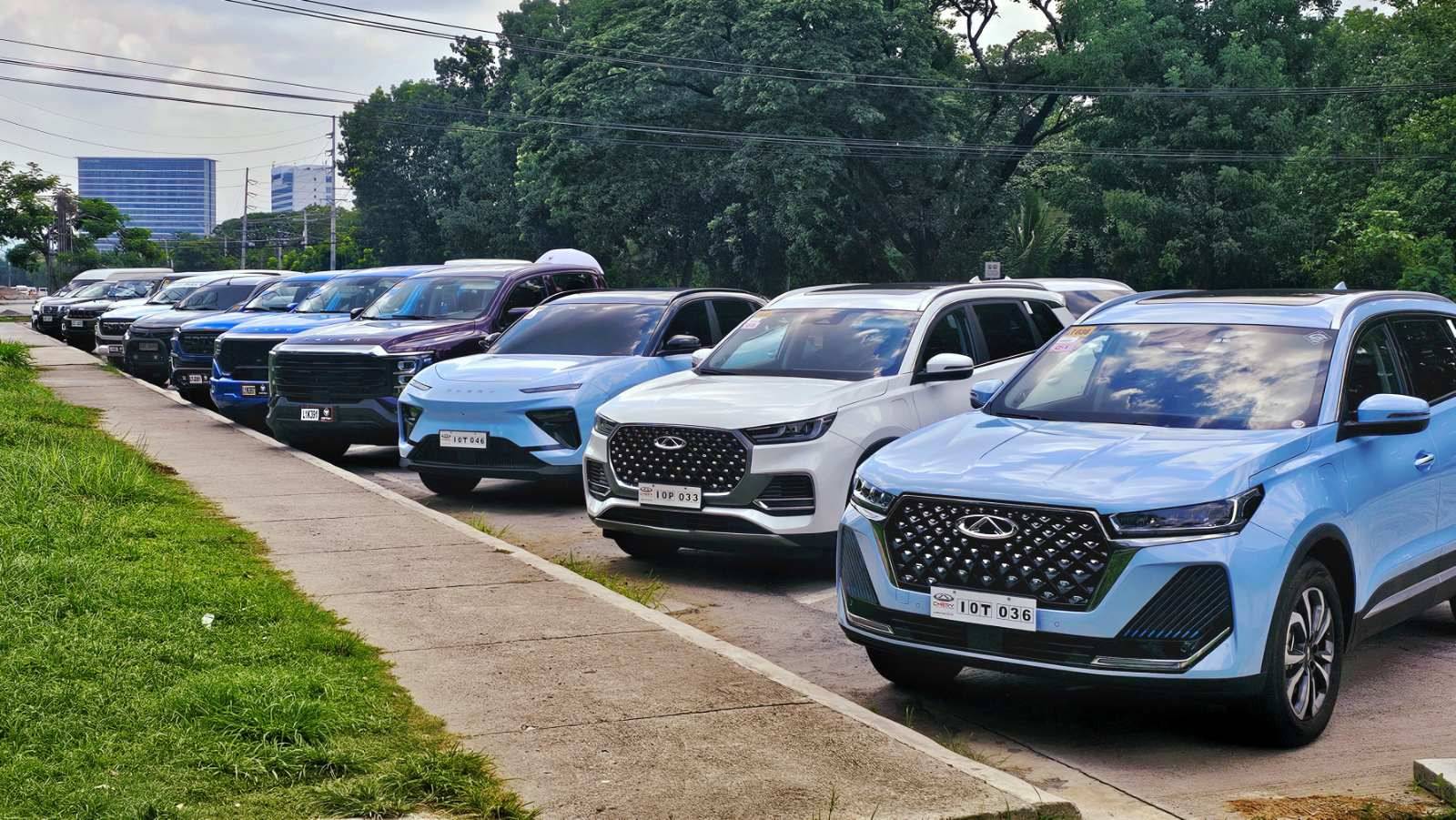How to avoid buying a pre-loved clunker

People buy used cars for a variety of reasons. Some people like me just enjoy the look and feel of vehicles from eras past (I own a 28-year-old BMW). But the vast majority buy them to get dependable mobility for less, especially with inflation and high interest rates making car loans pricey.
But many are terrified of getting pre-loved units. And for good reason — lax consumer protection regulations mean you’re really on your own to fend off rapacious sellers and fly-by-night used-car dealers. So if you want to get a good deal on something that isn’t a hooptie, here’s what you need to think of and check out.
Know what you want
There’s a bewildering number of used cars to choose from. And the easiest way to pare that crowd down is to decide what car you want.
Do you need a family sedan, a van, a pick-up or a sports car?
Once you’ve chosen the sort of car you want, set your budget and stick to it. There’s a world of difference between a P150,000 sedan and a P400,000 sedan.
Study the numbers
While the numbers to look out for in a new car include the price, the cost of insurance and other fees, used cars have additional numbers to check.
One is the mileage — cars with over 100,000 kilometers will generally start to need major repairs, such as new fanbelts, new timing belts, new suspension bushings and the like. But if all that mileage is from driving on smooth expressways, that is the equivalent of around 10 to 20 percent of city driving.
When buying a used car, always account for the cost of repairs when you buy, even if none are apparent when you check out the unit.
Ask the right questions
You’ll need to a little detective work to avoid getting stuck with a bad apple.
The basic questions to the seller include the car’s condition, issues, service records and paperwork. I generally avoid used cars that don’t have the original Certificate of Registration — getting a new one is generally a pain at the Land Transportation Office.
And make sure that there’s a Deed of Sale with 2 IDs and 3 signatures from the named vehicle owner. If the seller is not honest or open with you, walk away.
Go for a drive
Test drives are helpful when buying a new car, but they are absolutely vital in a used one.
Even cars with the same model year, engines and specifications will drive differently. If you hear any nasty clunks or see any leaks, either stay away or account for the repair cost.
Exhaust smoke is also one of the most telling signs of a car’s condition — black smoke means the engine is overfueling, white smoke means the engine is burning coolant and blue smoke means the engine is burning oil. Beady-eyed observation is the key to separate the wheat from the chaff.
Make the deal
Once you’re ready to commit to be a pre-loved car’s new “lover,” it’s all a matter of handing over the money.
I never pay list price for anything, especially cars. Just remember that when you’re buying from a “buy and sell” or a used-car dealer, they will be harder to haggle with because they have margins for their overhead costs.
It’s generally easier to get a good deal from a private seller, especially one who has carefully cared for the car. But wherever you buy your car from, make sure to have the seller’s complete details in case something goes awry.
Happy hunting!

















